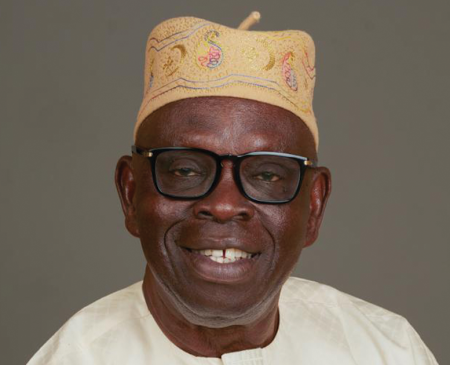The African startup ecosystem experienced a significant downturn in funding during the first quarter of 2025, culminating in a particularly weak March. While the year began with a promising $300 million raised in January, funding flows steadily declined to $119 million in February and plummeted to a mere $50 million in March. This marked one of the lowest monthly funding totals since late 2020, raising concerns about the health and trajectory of the burgeoning African tech scene. Despite the concerning drop in funding, the number of startups announcing funding rounds remained relatively consistent with previous months. However, the absence of any deals exceeding $10 million contributed significantly to the overall decline in funding volume. This suggests a shift away from larger, later-stage investments and a potential focus on earlier-stage ventures or a cautious approach by investors in the face of global economic uncertainties.
Analyzing the first quarter as a whole, startups raised $460 million through deals exceeding $100,000, excluding exits. This represents a 5% year-over-year decrease compared to the $486 million raised in Q1 2024 and marks the second-lowest quarterly funding total since late 2020. This downward trend underscores the challenges faced by African startups in attracting capital and highlights the need for greater investor confidence and a more robust funding environment to sustain the ecosystem’s long-term growth. The concentration of funding within the “Big Four” – Kenya, Nigeria, South Africa, and Egypt – remained a dominant theme. These four countries collectively attracted 83% of the total funding, with Kenya, Nigeria, and South Africa each securing approximately $100 million (representing 24%, 24%, and 22% of the total, respectively). Egypt followed with $61 million, comprising 14% of the total funding. Togo rounded out the top five, thanks to a significant $30 million Series B funding round secured by Gozem. This concentration reinforces the established dominance of these key markets in the African startup landscape.
Sector-wise, fintech maintained its leading position, attracting almost half (46%) of the total funding, amounting to approximately $217 million. Notable fintech deals included $53 million for LemFi and $38 million for Naked. The energy sector secured the second-largest share of funding at 18%, followed by logistics and transportation with 10%. This distribution reflects the ongoing investor interest in fintech solutions addressing the unique financial needs of the African market, as well as the growing importance of energy and logistics in supporting economic development across the continent. The concentration of funding in these sectors highlights both the opportunities and the challenges for startups operating in other sectors to secure necessary capital.
The report also shed light on the persistent challenges related to diversity and inclusion within the African startup ecosystem. Female CEOs raised just over 2% of the total funding, equivalent to $10 million. The largest funding round secured by a female-led startup was a $6.2 million grant to South African biotech company African Biologics. This highlights the significant disparity in funding access between male- and female-led ventures. Excluding grants from the calculation further reveals a stark reality: female CEOs secured a mere 0.7% of the venture capital funding, underscoring the deep-seated biases and systemic barriers faced by women entrepreneurs in accessing the resources necessary to scale their businesses.
A deeper dive into the gender distribution of funding reveals a concerning imbalance. A staggering 79% of the funding went to either solo male founders (11%) or all-male founding teams (67%). While diverse founding teams managed to attract 20% of the total funding – a figure that is not ideal but represents a slight improvement compared to previous quarters – solo female founders or all-female founding teams received a meager 1% of the funding. This data paints a clear picture of the significant gender gap in funding access and underscores the urgent need for targeted interventions to address this inequity and create a more inclusive and equitable startup ecosystem.
The overall decline in funding during Q1 2025, coupled with the persistent disparities in funding access based on gender, raises critical questions about the future trajectory of the African startup ecosystem. While the continent holds immense potential for innovation and entrepreneurship, addressing these challenges is essential to unlocking its full potential. This requires a concerted effort from investors, policymakers, and ecosystem stakeholders to foster a more inclusive and supportive environment that empowers diverse founders and enables startups to thrive. Increasing access to capital for female-led ventures and promoting greater diversity within founding teams are crucial steps towards building a more robust and equitable startup ecosystem that can drive sustainable economic growth and development across Africa. The data from Q1 2025 serves as a stark reminder of the work that remains to be done.













